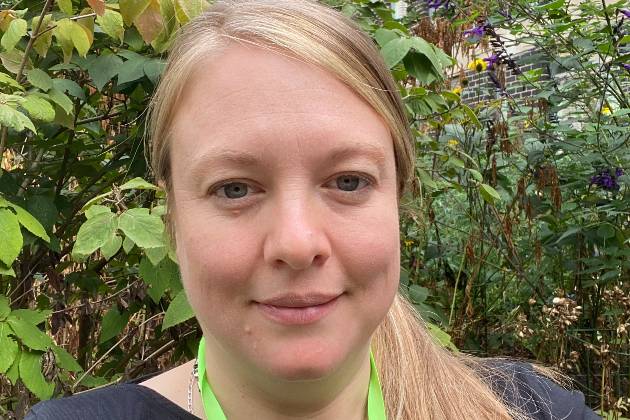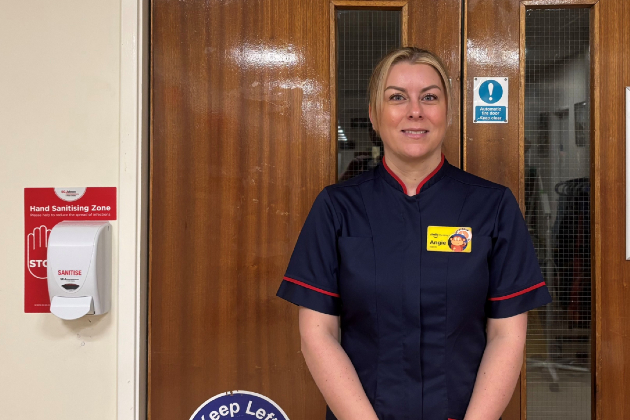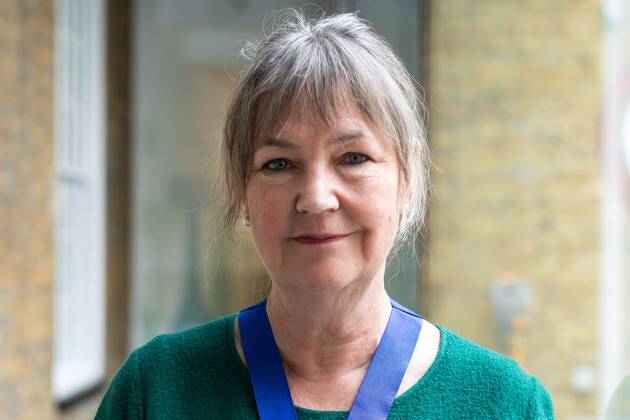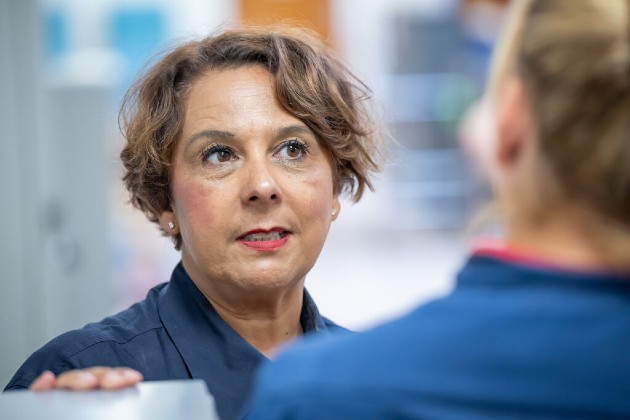The sunlight shimmered through a water feature and bees buzzed around the flowers in the garden tended to with great care by volunteers. Arriving on the first day of my placement, it was clear I’d come to a special place filled with calm, peace, and hope.
As a mental health nursing student, a spoke placement at a hospice wasn’t something I thought possible until a practice education facilitator suggested I arrange one as part of my placement at a nursing home.
I contacted the manager of the inpatient unit, explaining I’d like to extend my knowledge into hospice care. They said although they don’t usually take first-year students, as I was a mental health nursing student on my final placement of the year, it would be OK.
Caring environment
On my first day I was warmly welcomed into the hospice and received an induction after joining the morning handover. Soon, I started getting to know the patients.
I attended medication rounds with the nurses to learn about the administration of palliative medications, and learnt about clinical decision-making by observing ward rounds. I also discovered the range of services available to families by attending the daily triage meeting.
I gained a better understanding of how the hospice connects with the district and specialist palliative community nursing teams to offer personalised care.

Fostering relationships
Having conversations about the wishes of the person and their family is a central part of a nurses’ work in this setting.
I developed relationships with the patients and their families, and strengthened my communication skills. I listened to their hopes for the future and the memories they planned to make.
It was clear this was a special place
A staff member explained that patients often express feelings of anxiety, with complementary therapies, guided breathing exercises and other anxiety management techniques forming an important part of their care.
It was obvious how much the hospice meant to the patients and their families, and how staying connected with the hospice after the death of a loved one offers families some of the support and comfort they need.
Another staff member signposted me to resources to help me learn about holding difficult conversations around dying and the end of life, which I found beneficial. This is a daunting subject for nursing students, but I feel better prepared for meeting this proficiency later in my course.
Understanding loss
There is so much that mental health nursing students can learn on a hospice placement.
My placement increased my knowledge about the process of dying and treatments involved in palliative care, as well as how symptoms can be managed in the final days of life to make sure a patient is comfortable.
It’s important to understand what a family member experiencing loss may have seen their loved one go through, and the potential emotional impact.
Vital education
Building hospice placement opportunities into nurse education for mental health nursing students is vital considering the reduced life expectancy of people living with serious mental illness.
A study funded by The National Institute for Health and Care Research recommends that partnerships should be developed across mental health and end of life care services to improve parity of esteem.
Mental health nurses often do not feel equipped to offer palliative care, and specialist palliative care staff may not feel they have skills to support patients with serious mental illness.
- Read next: 'I loved my care home placement'
The ethos of hospices, being holistic community-based services offering social, psychological, and spiritual support, fits with the values of mental health nursing, and mental health nurses often support people through grief after the loss of a loved one.
Spending time at the hospice also complemented my broader learning about social care nursing while on placement at a nursing home.
As I move through the second year of my nursing degree, I feel fortunate to have had hospice experience in my first year – I’m sure it will be one of my most valuable and memorable as a nursing student.
Student support
For information and support on all things nursing student-related, take a look at the RCN advice guide.








